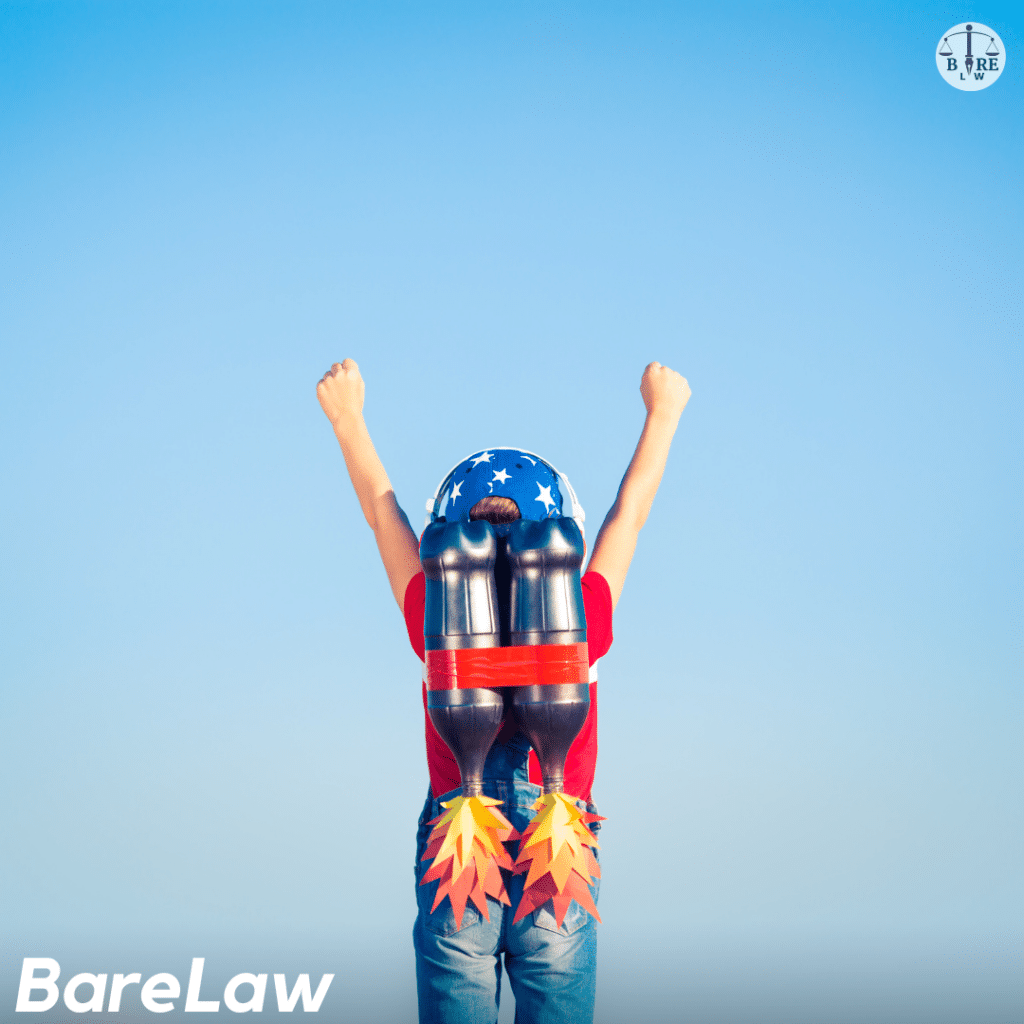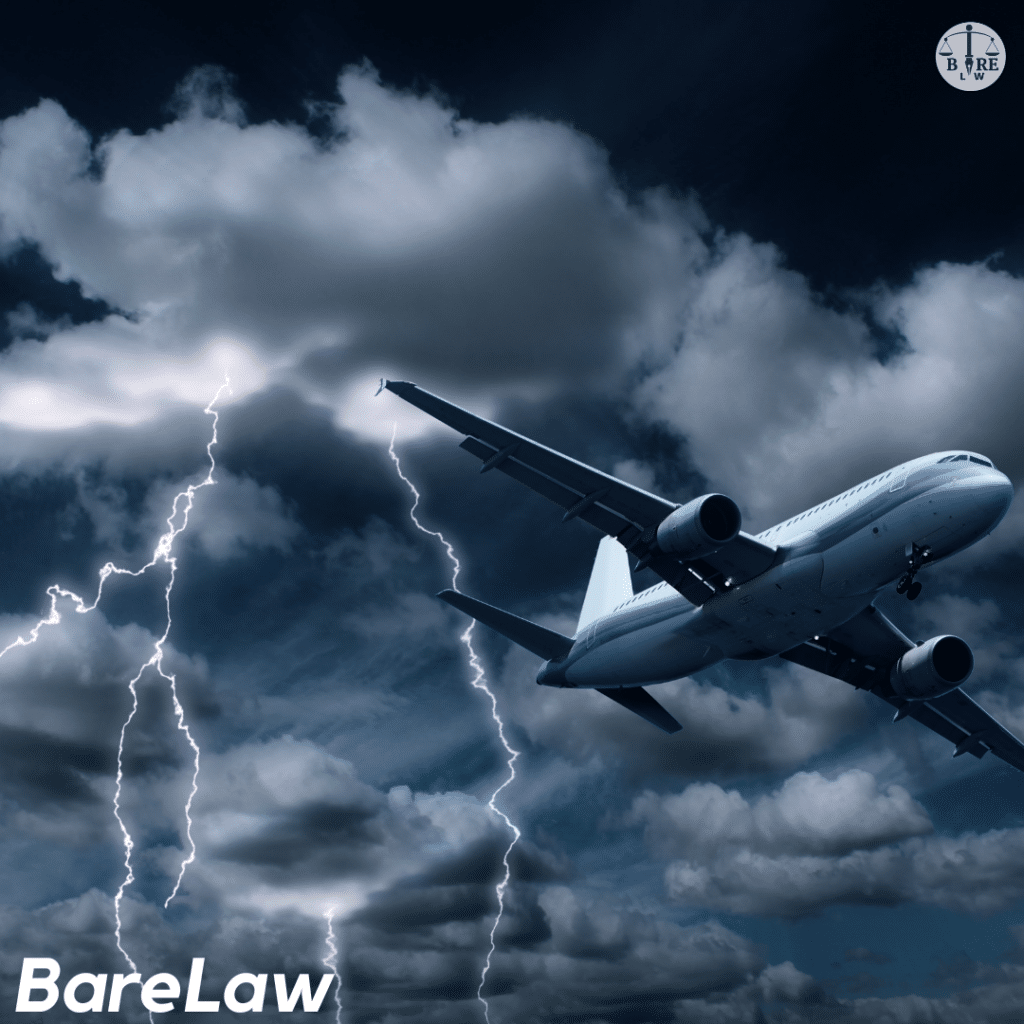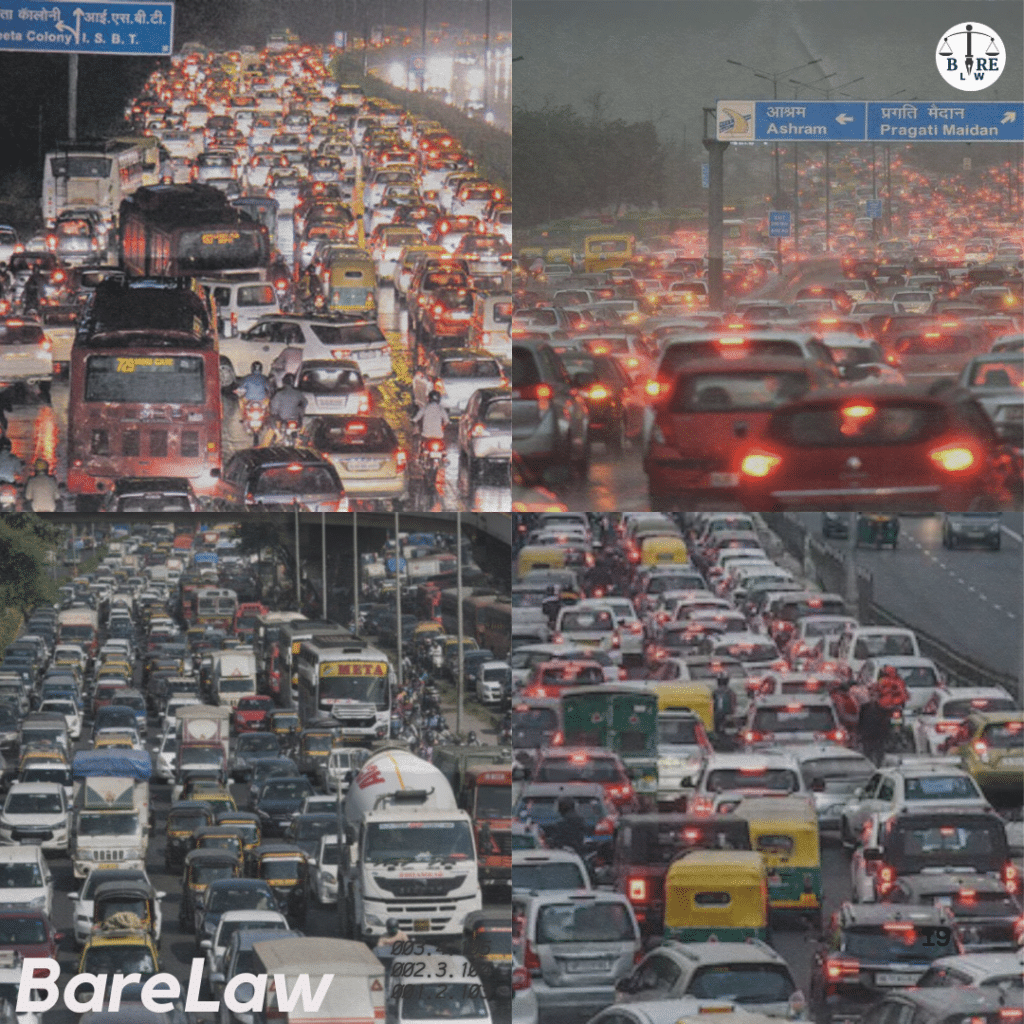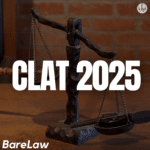The Melissa Curtis case highlights the urgent need for strict laws and robust safety measures in schools to prevent teacher-student abuse. In India, implementing strong legal frameworks like POCSO, mandatory reporting, and awareness programs can help safeguard children.
Table of Contents
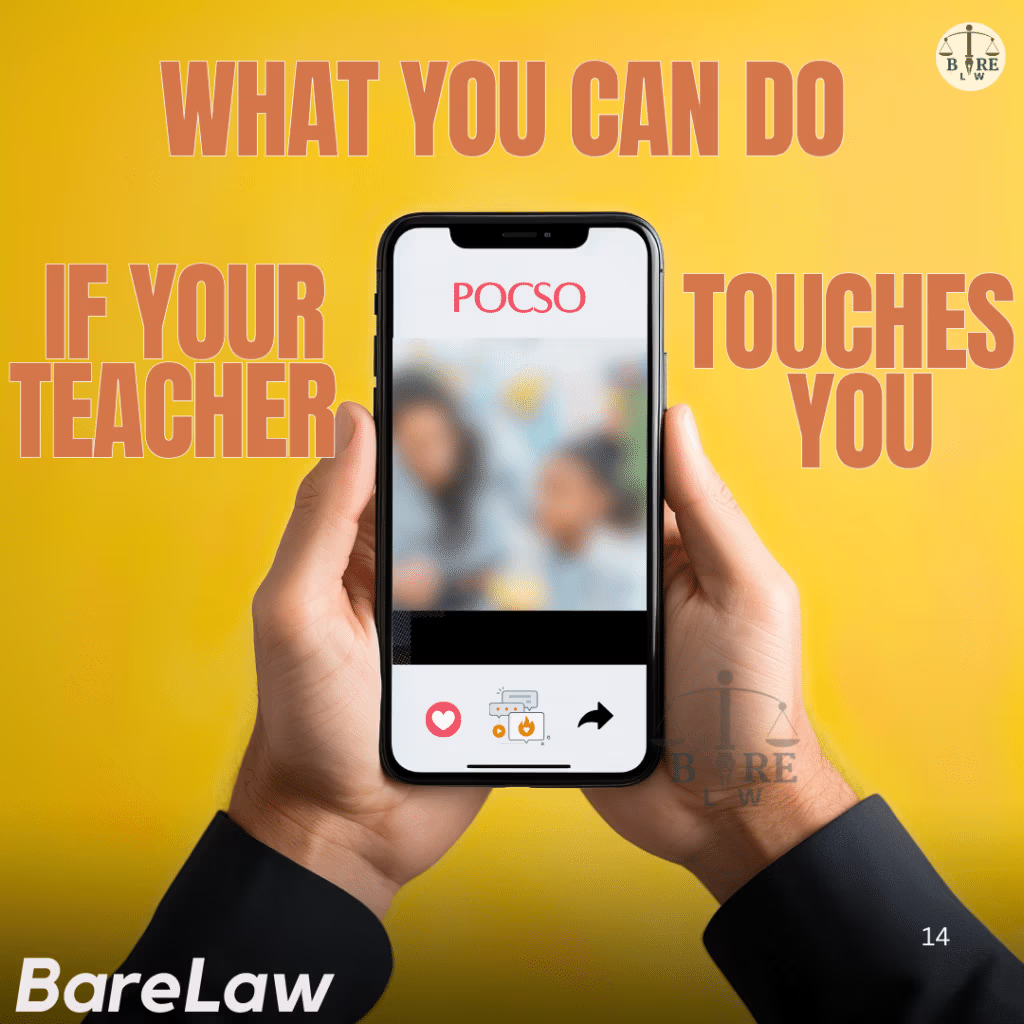
If Your Teacher Touch You Like This: You Need To Read This
Discussions about the institutional and legal frameworks about child protection in schools have been triggered globally by the recent case of Melissa Curtis, a former Maryland teacher who was found guilty of sexually abusing a young student and sentenced to 30 years in jail (with all but 12 months suspended). There would be serious legal and social repercussions if such a case arose in India.
Legal Framework in India for Teacher-Student Abuse
India has strong laws against child sex abuse, even when it is committed by someone in authority, such as teachers. The main laws that would apply in these situations are:
- The Protection of Children from Sexual Offences Act (POCSO), 2012:
- POCSO criminalizes sexual offenses against minors, including as sexual assault, sexual harassment, and sexual exploitation.
- Depending on the seriousness of the conduct, a teacher found guilty of sexually abusing a kid could be imprisoned for three years to life.
- Additionally, the statute contains requirements requiring individuals and schools to report abuse.
- Indian Penal Code (IPC), 1860:
- Relevant sections may be cited, including Section 509 (statement, gesture, or act intended to offend a woman’s modesty), Section 376 (rape), and Section 354 (attack or criminal force to a woman with intent to affront her modesty).
- Under IPC Sections 305 and 306, teachers who abuse their students may also be prosecuted for aiding and abetting suicide if the abuse causes the victim to suffer severe repercussions, such as self-harm.
- Juvenile Justice (Care and Protection of Children) Act, 2015:
- This act covers situations where minors are exploited or abused by caretakers, including teachers, and mandates stringent actions against the perpetrators.
Past Cases in India
Similar incidents have been documented in India, underscoring the necessity of strong procedures and attentive monitoring to deal with such problems:
- A Bengaluru teacher was found guilty in 2017 of sexually abusing a pupil. He was convicted by the court under POCSO, highlighting the necessity for schools to have explicit anti-abuse measures.
- A teacher in Uttar Pradesh was accused of assaulting a 12-year-old kid in 2013, which led to demonstrations and demands for more stringent safety regulations in schools.
These incidents underscore the importance of creating safe educational environments for children.
Rules and Regulations Schools Should Impose
To prevent such incidents, Indian schools must adopt comprehensive measures, including:
- Mandatory Background Checks:
- Ensure thorough background verification for all staff members, including teachers and non-teaching staff.
- Awareness Programs:
- Conduct regular sessions for students, parents, and staff about identifying and reporting abuse.
- Teach children about their rights under POCSO and encourage them to report inappropriate behaviour without fear.
- Code of Conduct for Staff:
- Establish clear guidelines regarding interactions with students.
- Prohibit one-on-one unsupervised interactions unless in an open, visible environment.
- Mandatory Reporting:
- Create a reporting framework within schools for any suspected abuse, with anonymous reporting options.
- Train staff to recognize signs of abuse and report them immediately to authorities.
- Counselling and Support Systems:
- Provide access to counsellors so students can discuss concerns and seek help.
- Establish a grievance redressal cell within schools.
- CCTV Surveillance:
- Install cameras in classrooms and common areas to monitor staff-student interactions without compromising student privacy.
- Regular Audits:
- Conduct safety audits to evaluate compliance with child protection policies.
Related Concerns and Broader Implications
- Psychological Impact on Victims:
- Victims of sexual abuse suffer long-term effects that influence their academic achievement, emotional health, and sense of self.
- Schools must make sure victims receive immediate psychological help.
- Teacher-Student Trust:
- Such occurrences undermine the sacredness of the educational system by undermining the confidence between students and teachers.
- Role of Technology:
- Education-related digital platforms can potentially be exploited. To prevent abuse, schools need to monitor how students and teachers communicate online.
- Community Involvement:
- Urge the community and parents to take an active role in ensuring kids are safe in schools.
Conclusion
Melissa Curtis’s situation serves as a sobering reminder of the vulnerabilities that students confront. Even though India has strong laws like POCSO, society, law enforcement, and educational institutions must ensure these laws are applied correctly. Strict laws, awareness-raising, and preventative actions can all contribute to the development of a secure, caring environment free from abuse and exploitation for kids.
FAQs
1. What legal action can be taken against teacher-student abuse in India?
Offenders can be prosecuted under POCSO Act, IPC sections related to sexual offenses, and the Juvenile Justice Act, with penalties ranging from imprisonment to lifetime registration as offenders.
2. How can schools prevent such incidents?
Schools can adopt measures like background checks, CCTV surveillance, mandatory reporting, and strict codes of conduct for teachers and staff.
3. What should a student or parent do if abuse occurs?
Immediately report the incident to school authorities, file a complaint with the local police under POCSO, and seek counseling for the child.
4. Are schools obligated to report suspected abuse?
Yes, schools are legally required to report any suspected or confirmed abuse to the authorities under the POCSO Act.
5. How can children be made aware of their rights?
Schools can conduct workshops and awareness programs to educate children on recognizing abuse and the importance of reporting it.
6. What support is available for abuse victims?
Victims can access counseling, legal aid, and rehabilitation services offered by NGOs, child welfare organizations, and government initiatives.

